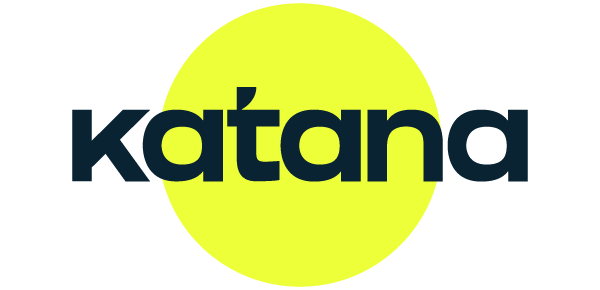Do I need ERP?
ERP simply said is an all in one business management software. There are many types of business segments that require management whether you provide products or services. The major types are: marketing, accounting, operations and HR. The types of software that manage these are: CRM, accounting, inventory management and labor tracking. CRM keeps track of business contacts such as leads, customers, vendors. Then tracks the conversion from leads to customers. Inventory management begins as a tool to control inventory, then expands into other areas of more specific inventory related tasks. Accounting software helps manage AR and AP. It helps executives and directors make sound business decisions by providing financial reports. Labor tracking software can manage time entries and or payroll of internal production labor or external services you provide.
ERP stands for enterprise resource planning. Enterprise refers to the all in one characteristic of the software. Resource can refer to the human resources, plant space resources, production machinery or inventory resources. Planning looks at the management of those resources in all departments, the planning and historical performances.
Not Inventory Software
ERP is a term commonly used to refer to inventory software, but it’s not inventory software. The inventory features are only a part of a true ERP solution. An ERP software is much more expensive than an inventory software and takes longer to implement. An ERP software would replace QuickBooks. An inventory software would connect to QuickBooks.
Examples of ERP software would be: SysPro, Acumatica, SAP, NetSuite, odoo or Dynamics.
Examples of inventory software would be: Fishbowl Inventory, MiSys Manufacturing, Advance Pro Tech, Acctivate, Cin7, Dear Systems, Unleashed, Zoho, SOS Inventory, Data Ninjia, Katana MRP, QStock, SKU Bana, 3PL Central, inFlow and QuickBooks Commerce.

















